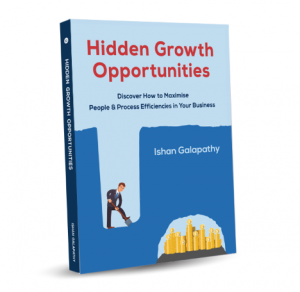We are generally good at coaching, mentoring, and advising others. We tend to be kind, generous and forgiving. However, when it comes to critiquing ourselves, a lot of us tend to be quite the opposite. We are less forgiving, unkind, and pretty tough on ourselves. Some of us often tend to take a long time to move on as well. This prevents us from being productive, efficient, and effective. Basically, self-negativity prevents us from being the best version of ourselves.
During a recent coaching session, a participant asked for advice on how to move on quickly after finding that he has made a mistake. He explained that despite having figured out the corrective measures, he would still continue to give himself harsh feedback and think about his failure for a long time. This heavily repenting nature has a debilitating effect on him, and he fails to focus on other tasks and how he leads his team.
My guidance was simple, stop being so harsh on yourself and think about how you’d advice someone else in your team in a similar situation. Treat yourself like you’d treat others. If you’ve taken countermeasures, then let it go. Easier said than done, I know. There might be something else we could do.
I recently had the privilege of the company of a Sri Lankan Buddhist monk who was visiting Sydney. I was highly impressed with his vast knowledge, views of the world and how he advised my two teenage sons who were eagerly engaged with him in a long discussion about personal development. One thing I learned in that discussion was details of the strict code of conduct that monks are to abide by –seemingly an unimaginable list of rules aimed at extreme self-examination and discipline. Whenever a monk slips up, as all humans do, he must confess to a number of senior monks about his mistake and what he’s doing to mitigate or reverse.
I think there’s something we can take from that for us lay people. When you have a mistake, talk to somebody you trust and respect. It helps to recognise it and let go, like dropping off a bag that you’ve been carrying on your shoulder, where it tends to feel heavier and heavier the longer you carry it. Laptop bags when travelling at airports comes to mind.
So, what are you holding on to right now? Who do you need to talk to?





